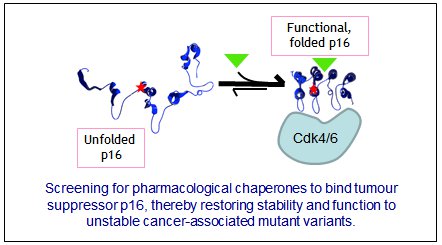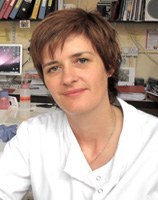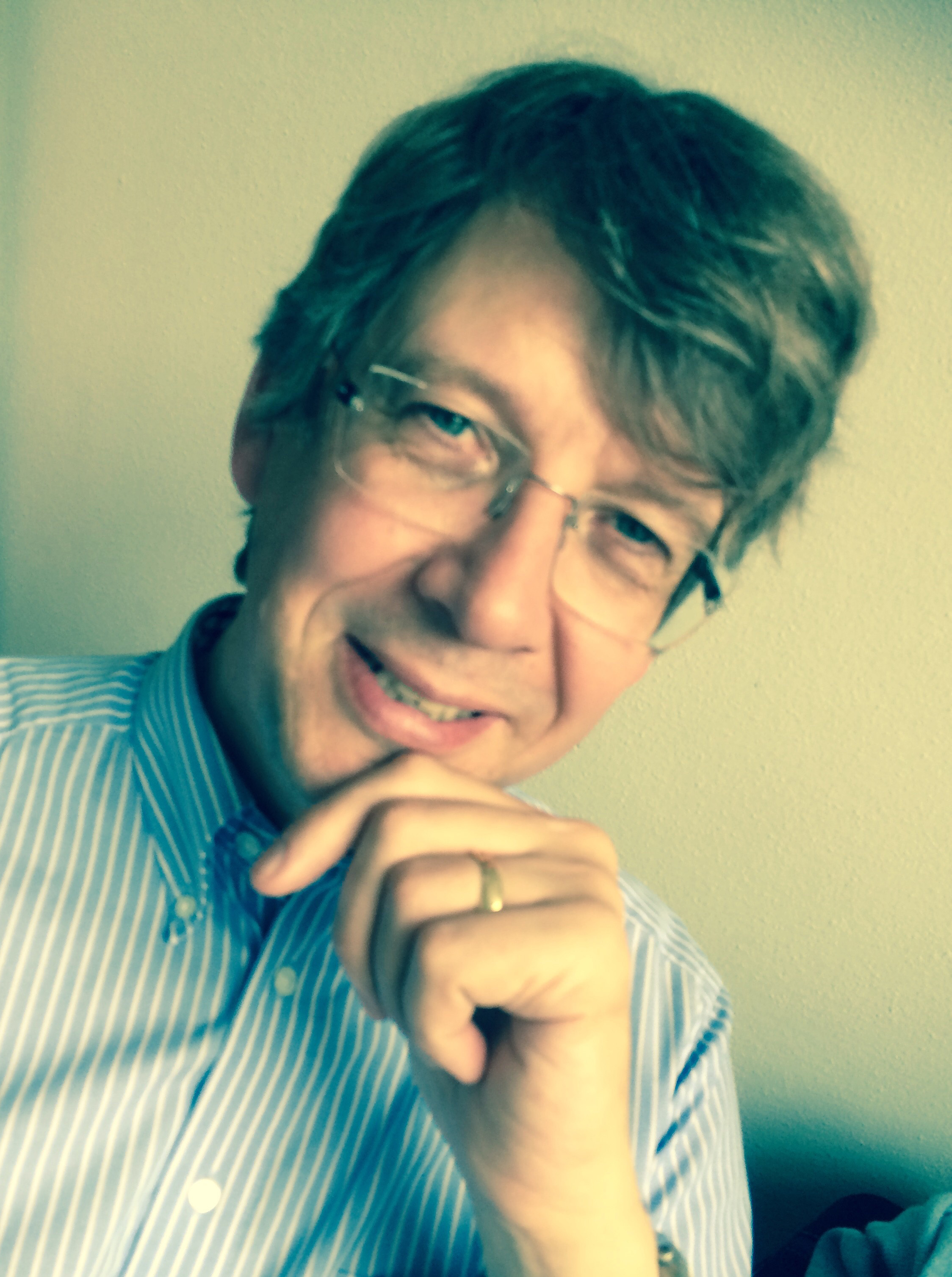 Chemotherapeutic drugs that selectively act on pathogenic microorganisms and malignant cells are essential tools in human and veterinary medicine. The successful development of such agents since the early days of Paul Ehrlich, Alexander Fleming and others, and in particularly of antibiotics, constitutes one of the most important therapeutic advances in the history of medicine. Chemotherapeutic drugs are continuously under development, to increase drug selectivity and reduce general toxicity, but also to overcome drug resistance that arises with increased frequency in target cells. The development of successful new drugs will therefore depend on our ability to (i) identify biochemical and genetic differences between the invading cells and the host, (ii) characterise and screen for drug resistance mechanisms, and (iii) to discover new principles and mechanisms by which drugs can reach and interact with cellular targets.
Chemotherapeutic drugs that selectively act on pathogenic microorganisms and malignant cells are essential tools in human and veterinary medicine. The successful development of such agents since the early days of Paul Ehrlich, Alexander Fleming and others, and in particularly of antibiotics, constitutes one of the most important therapeutic advances in the history of medicine. Chemotherapeutic drugs are continuously under development, to increase drug selectivity and reduce general toxicity, but also to overcome drug resistance that arises with increased frequency in target cells. The development of successful new drugs will therefore depend on our ability to (i) identify biochemical and genetic differences between the invading cells and the host, (ii) characterise and screen for drug resistance mechanisms, and (iii) to discover new principles and mechanisms by which drugs can reach and interact with cellular targets.
The research groups in the Cancer and Infectious research theme revolve around these topics. Research in the group of Walid Khaled lies at the interface between basic developmental biology and cancer development. They utilise both candidate and high throughput approaches for the identification and characterization cell fate regulators with the ultimate aim of developing therapeutic methods for use in the clinic. Laura Itzhaki and her group study so-called “tandem-repeat proteins” that play important roles in cancer. The group is using the insights obtained from basic protein engineering and biophysical analysis to develop therapeutic strategies for targeting these proteins. The group of Hendrik van Veen focuses on the molecular mechanisms of drug transporters in cancer cells and pathogenic bacteria, and on the question how this information can be used to develop drug pump inhibitors and new chemotherapeutic drugs that bypass drug resistance.




